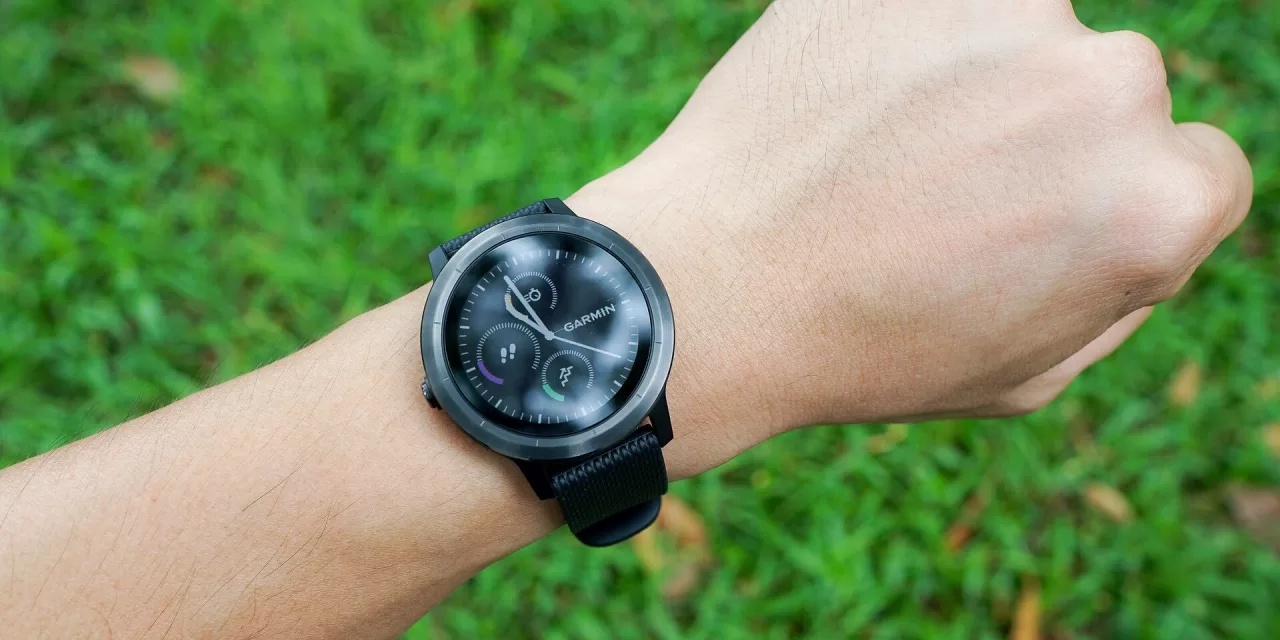As the world faces an increasing number of individuals living with dementia, new technologies are offering significant assistance in improving care for both patients and their family caregivers. Advanced wearable devices equipped with GPS and non-invasive sensors have become a crucial tool in enhancing the safety and well-being of people living with dementia, reducing the emotional strain on their caregivers, and offering innovative solutions to daily challenges.
According to the Centers for Disease Control and Prevention (CDC), an estimated 6.9 million Americans aged 65 and older are living with Alzheimer’s disease, with rates continuing to rise. As the number of dementia cases increases, so does the need for effective support for caregivers, who often face higher levels of stress and worse physical and mental health compared to those caring for individuals without dementia.
One of the most notable advancements in caregiving technology is Theora Care, a wearable system designed to help caregivers monitor and communicate with people living with dementia. The system includes a GPS-enabled wearable device for the person with dementia, paired with a smartphone app for caregivers. The app provides real-time location tracking and alerts caregivers if their loved one wanders beyond a designated safe zone. It also allows for two-way communication between the caregiver and the person with dementia, facilitating a higher level of situational awareness and reducing the fear of wandering.
A recent pilot study conducted by researchers from the Texas A&M University School of Public Health, published in the Journal of Alzheimer’s Disease, sheds light on the effectiveness of this technology. The study, which ran from September 2018 to December 2021, involved 41 dyads of dementia patients and their family caregivers. It aimed to assess caregivers’ satisfaction and usability of the Theora Care system.
The research team, led by Dr. Matthew Lee Smith, found that caregivers with higher baseline scores of caregiving burden reported higher levels of satisfaction with the system. The technology’s ability to reduce the stress of constant supervision and provide peace of mind, especially regarding the fear of wandering, was cited as a key factor contributing to this satisfaction.
The study found that 70% of caregivers reported their loved one wore the wearable device daily. While caregivers used the app’s features, such as location tracking and two-way communication, less frequently over time, the wearable device’s presence alone offered significant reassurance.
Dr. Smith emphasized that while further research is needed, the pilot study’s findings suggest that such technological solutions can be highly beneficial in alleviating the stress experienced by caregivers, while also improving the safety and well-being of individuals with dementia.
Disclaimer: This article is based on a study published in the Journal of Alzheimer’s Disease by Dr. Matthew Lee Smith and his colleagues at Texas A&M University. Results from the study are specific to the Theora Care system and may not be universally applicable to all wearable technologies for dementia care. Further research is required to fully understand the long-term impacts and effectiveness of such systems.











